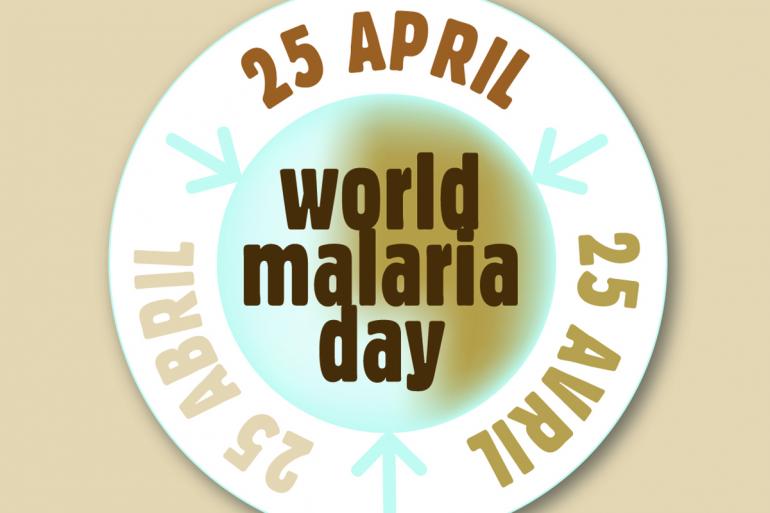World Malaria Day

This year, WHO and partners will mark World Malaria Day by celebrating the achievements of countries that are approaching – and achieving – malaria elimination.
They provide inspiration for all nations that are working to stamp out this deadly disease and improve the health and livelihoods of their populations.
Despite the challenges posed by the COVID-19 pandemic, a number of these countries reported zero indigenous malaria cases in 2020, while others made impressive progress in their journey to becoming malaria-free.
In the face of a dual threat of antimalarial drug resistance and COVID-19, countries of the Greater Mekong subregion have also made major strides towards their shared goal of elimination by 2030.
In the 6 countries of the subregion, the reported number of malaria cases fell by 97% between 2000 and 2020. Malaria deaths were reduced by more than 99% in the same period of time.
Malaria is a life-threatening disease caused by parasites that are transmitted to people through the bites of infected female Anopheles mosquitoes. It is preventable and curable.
There are five parasite species that cause malaria in humans, and 2 of these species – Plasmodium falciparum and Plasmodium vivax – pose the greatest threat.
In 2019, nearly half of the world's population was at risk of malaria. Most cases and deaths occur in sub-Saharan Africa.
There were an estimated 229 million cases of malaria in 2019, and the estimated number of malaria deaths stood at 409 000.
Children under 5 years of age are the most vulnerable group affected by malaria; in 2019, they accounted for about two thirds of all malaria deaths worldwide.
Between 2000 and 2019, the number of countries with fewer than 100 indigenous malaria cases – a strong indicator that malaria elimination is within reach – increased from 6 to 27.
In February 2021, El Salvador became the first country in Central America to be certified malaria-free by WHO following 50 years of steady commitment by the Government and its people to ending the disease.
China, a country that reported more than 30 million cases of malaria annually in the 1940s, registered zero indigenous cases in 2016, and has stayed at zero to this date. China applied for the WHO malaria-free certification in 2020.
Radio Veritas Asia (RVA), a media platform of the Catholic Church, aims to share Christ. RVA started in 1969 as a continental Catholic radio station to serve Asian countries in their respective local language, thus earning the tag “the Voice of Asian Christianity.” Responding to the emerging context, RVA embraced media platforms to connect with the global Asian audience via its 21 language websites and various social media platforms.












